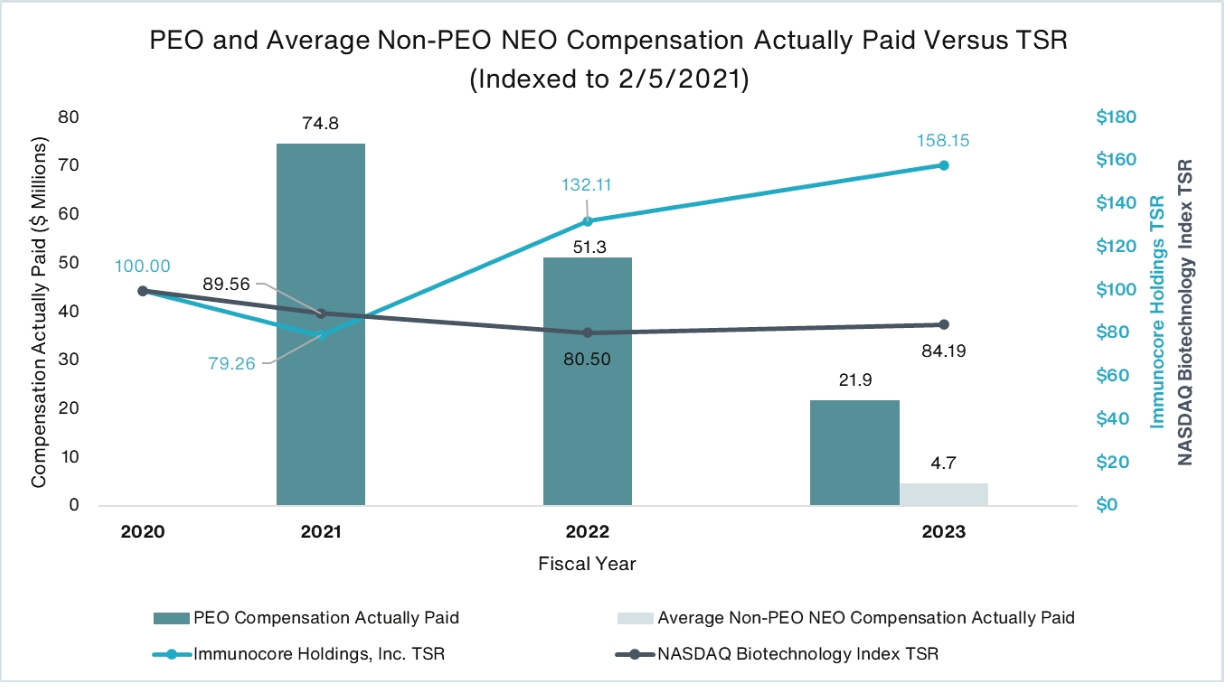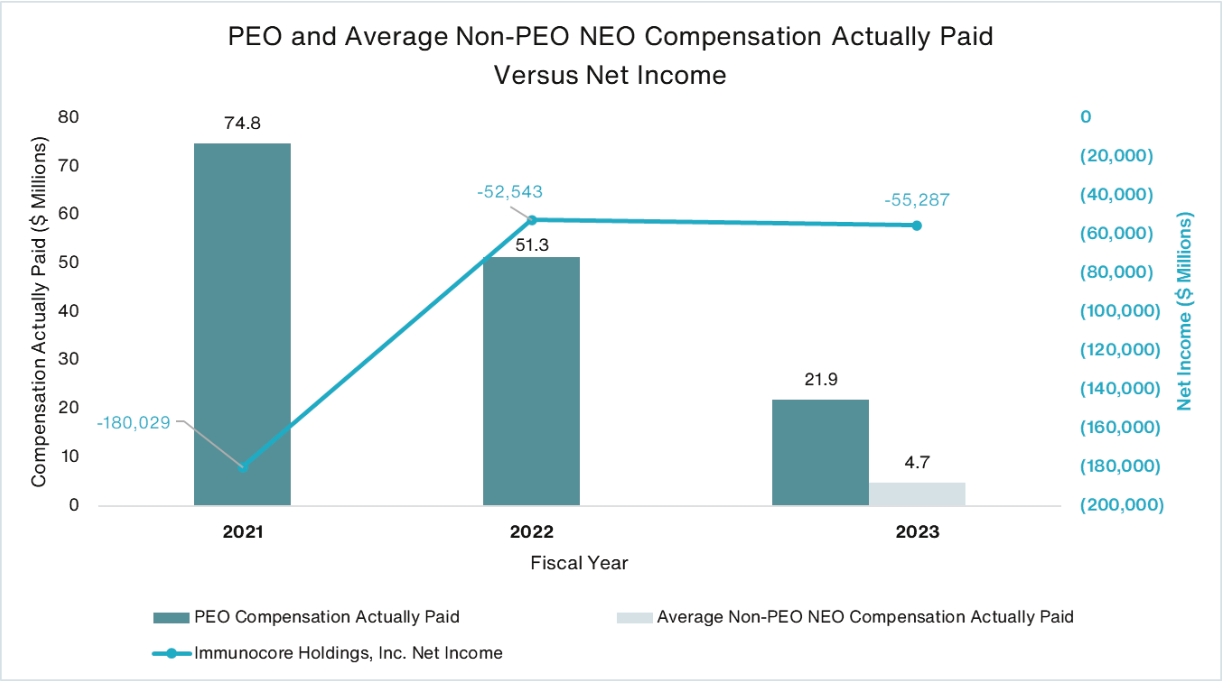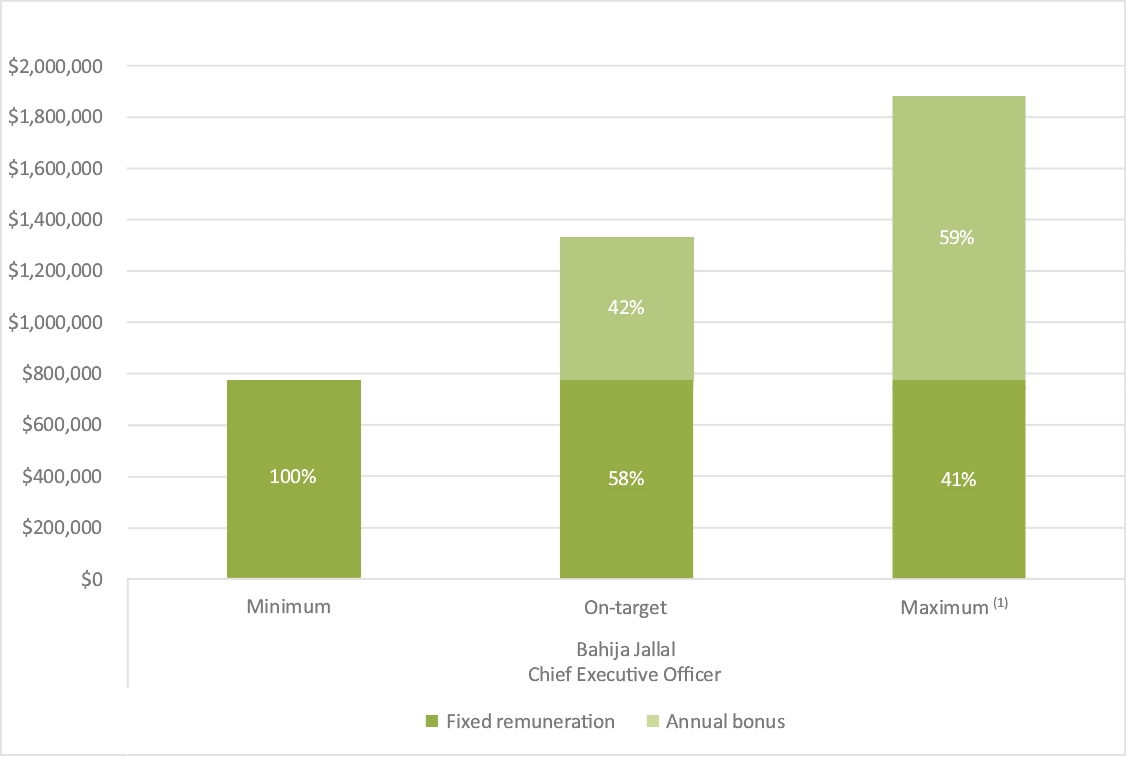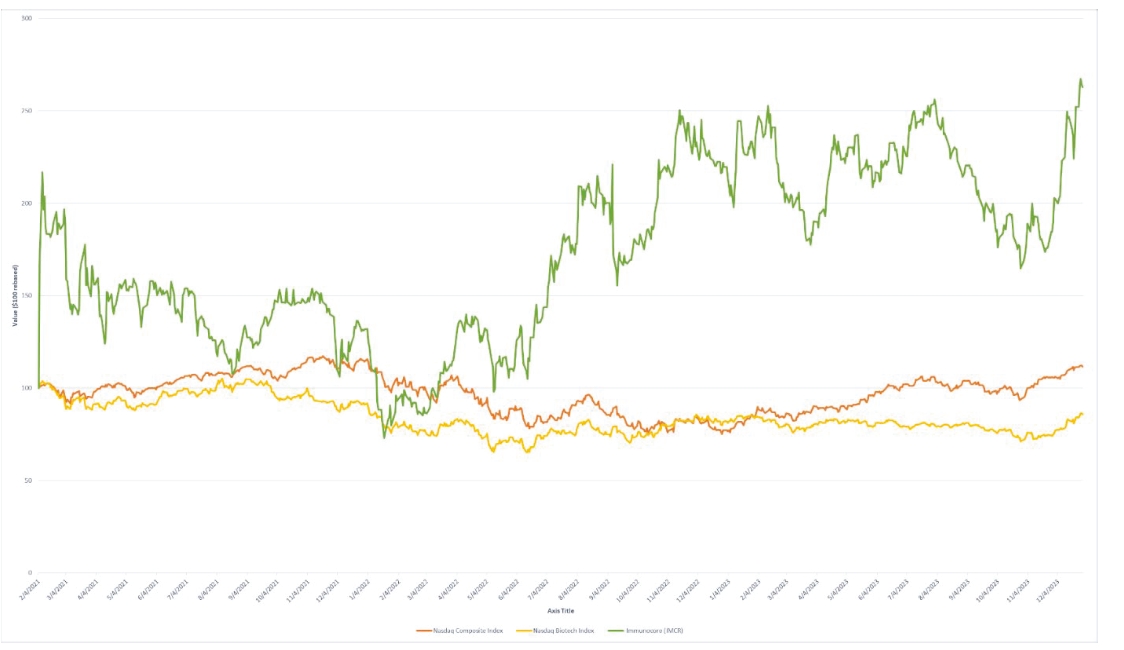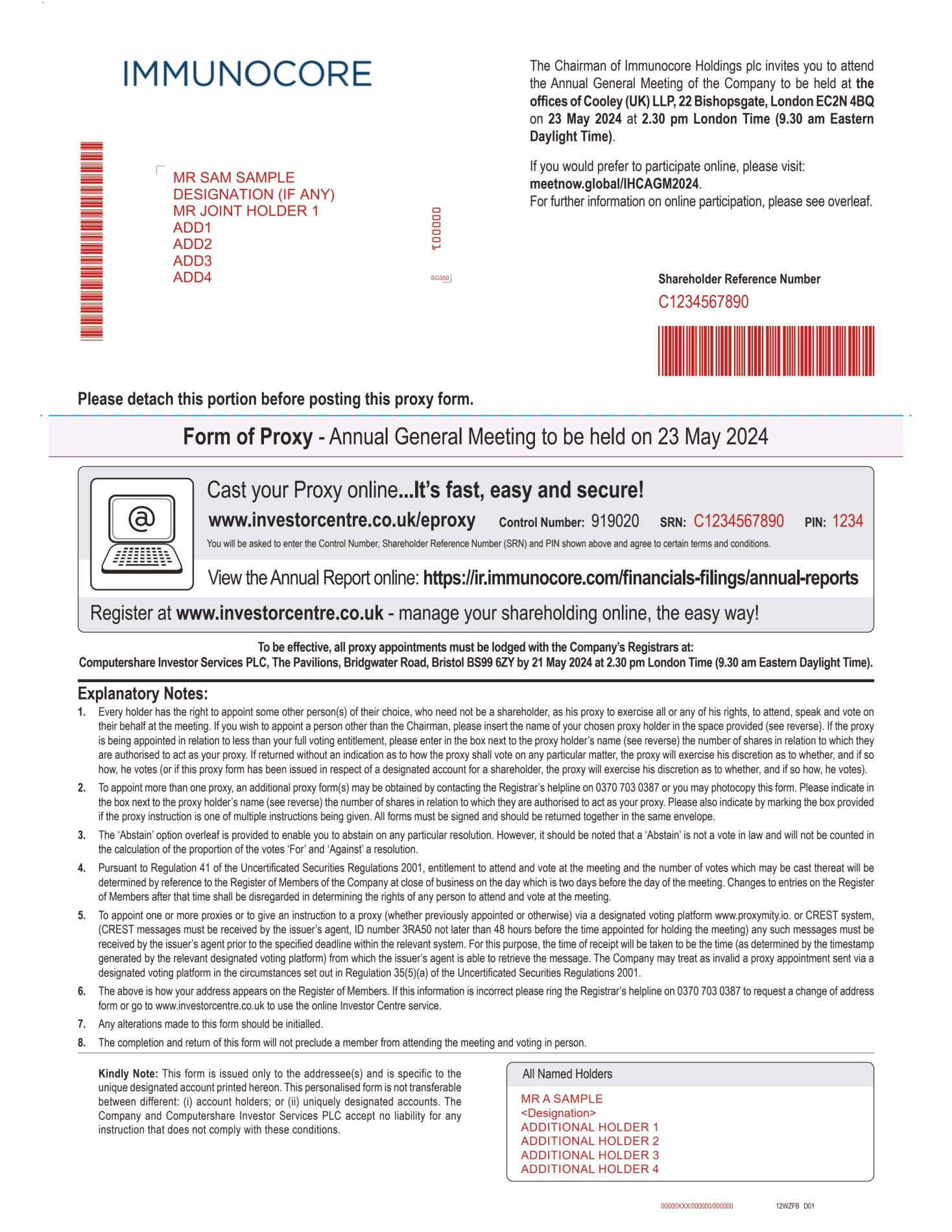Holders of our non-voting ordinary shares and deferred shares do not have the right to receive notice of, or to attend and vote at, the AGM in respect of such non-voting ordinary shares and deferred shares.
Beneficial Owners of Ordinary Shares which are Registered in the Name of a Broker, Bank or Other Agent
If, on March 28, 2024, your ordinary shares were held in an account at a brokerage firm, bank or other similar organization and you are the beneficial owner of shares, these Proxy Materials should be forwarded to you by that organization. The organization holding your account is considered the shareholder of record for purposes of voting at the AGM. You are encouraged to provide voting instructions to your broker or other agent so that they may submit a proxy.
Holders of American Depositary Shares
If you or your brokerage firm, bank or nominee is registered as a holder of ADSs in the ADS register at 5:00 p.m. Eastern Daylight Time on March 28, 2024 (the record date for ADS holders), you are entitled to exercise your vote as a holder of an interest in our share capital represented by ADSs. If you hold ADSs through a brokerage firm, bank or nominee on March 28, 2024, the materials for ADS holders, including the ADS proxy card, will be sent to that organization. The organization holding your account is considered the ADS holder of record. Please reach out to that organization to provide your voting instructions.
Please note that ADS proxy cards submitted by ADS holders must be received by the depositary, Citibank, N.A., no later than 10:00 a.m. Eastern Daylight Time on Monday, May 16, 2024. Citibank, N.A. will collate all votes properly submitted by ADS holders and submit a vote on behalf of all ADS holders.
What are the differences between ADS holders and ordinary shareholders?
Citibank, N.A., as depositary, executes and delivers ADSs on our behalf. We are requesting Citibank, N.A., which holds the ordinary shares represented by the ADSs, to seek ADS holders’ instructions as to voting for the AGM. As a result, ADS holders may instruct Citibank, N.A., as depositary, to vote the ordinary shares represented by their ADSs.
Because we have asked Citibank, N.A. to seek the instructions of ADS holders, Citibank, N.A. will notify ADS holders of the upcoming vote and arrange to deliver the Proxy Materials to them. Citibank, N.A., as depositary, then tries, as far as practicable, to vote the ordinary shares as our ADS holders instruct. We cannot guarantee that ADS holders will receive this proxy statement and the other proxy materials from Citibank, N.A. in time to permit them to instruct Citibank, N.A., as depositary, to vote their shares. In addition, there may be other circumstances in which ADS holders may not be able to exercise voting rights. Furthermore, ADS holders can exercise their right to vote the ordinary shares underlying their ADSs by exchanging their ADSs for ordinary shares. However, even though we are subject to U.S. domestic issuer proxy rules and our shareholder meetings are announced via press release and in our filings with the SEC, ADS holders may not receive proxy materials about the AGM early enough to exchange their ADSs for ordinary shares.
ADS holders are not required to be treated as holders of ordinary shares and do not have the rights of holders of ordinary shares.
What is the difference between a shareholder of record and a beneficial owner?
These terms describe how your ordinary shares are held. If your ordinary shares are registered directly in our register of members maintained by Computershare, our registrar, you are a shareholder of record and the Proxy Materials are being sent directly, or otherwise being made available, to you. If your ordinary shares are held in the name of a broker, bank, or other nominee, you are a beneficial owner of the shares held by your broker, bank or other nominee and the Proxy Materials are being made available or forwarded to you by your broker, bank, or other nominee, who is treated as the shareholder of record. As the beneficial owner, you have the right to direct your broker, bank, or other nominee on how to vote your ordinary shares by following the instructions on the voting instructions provided to you by such broker, bank or other nominee.
What are the requirements to approve each of the resolutions?
You may cast your vote for or against resolutions 1 through 11 or abstain from voting your shares on one or more of these resolutions.

